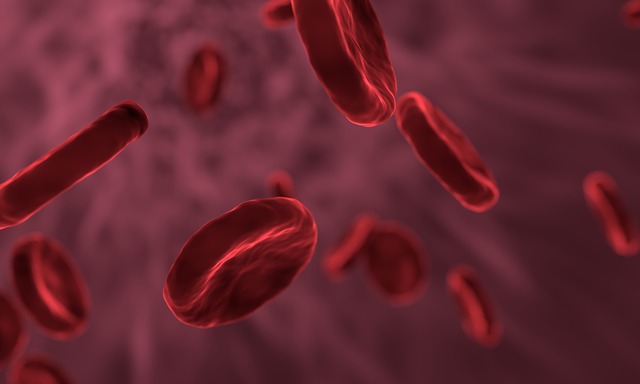
GRAIL has developed the investigational blood test for the early detection of multiple cancer types in individuals aged 50 or older.
The company has previously reported data from the first pre-planned sub-study of its Circulating Cell-free Genome Atlas (CCGA) study.
The CCGA study showed that the three prototype next-generation sequencing (NGS) blood tests developed by the company were capable of detecting multiple lethal cancer types from a single blood draw, with a low rate of false positive results.
The company said that it has selected methylation as its preferred approach and has developed a methylation sequencing blood test, which targets the most informative regions of the genome to detect both the presence of multiple cancer types and identify the tissue of origin.
GRAIL is planning to present the new results from CCGA, at the 2019 American Society of Clinical Oncology (ASCO) Annual Meeting, along with the data on the ability of the company’s methylation technology to identify the tissue of origin when cancer is present.
GRAIL chief executive officer Jennifer Cook said: “We’re excited the FDA recognizes the potential of our multi-cancer early detection blood test. There are no effective early detection tests for the majority of cancer types, and many deadly cancers are often detected too late. We hope our test may offer a chance to address these challenges.
“We have made significant progress developing our multi-cancer test and look forward to sharing new data at ASCO and other medical conferences this year.”
The company is conducting a massive clinical research program, which consists of three large-scale studies designed to enroll approximately 165,000 participants to create an atlas of genomic cancer signals in the blood. It is also intended to develop and evaluate GRAIL’s blood test for the early detection of multiple cancer types.
GRAIL said that nearly 115,000 participants have been enrolled to the program to date.



